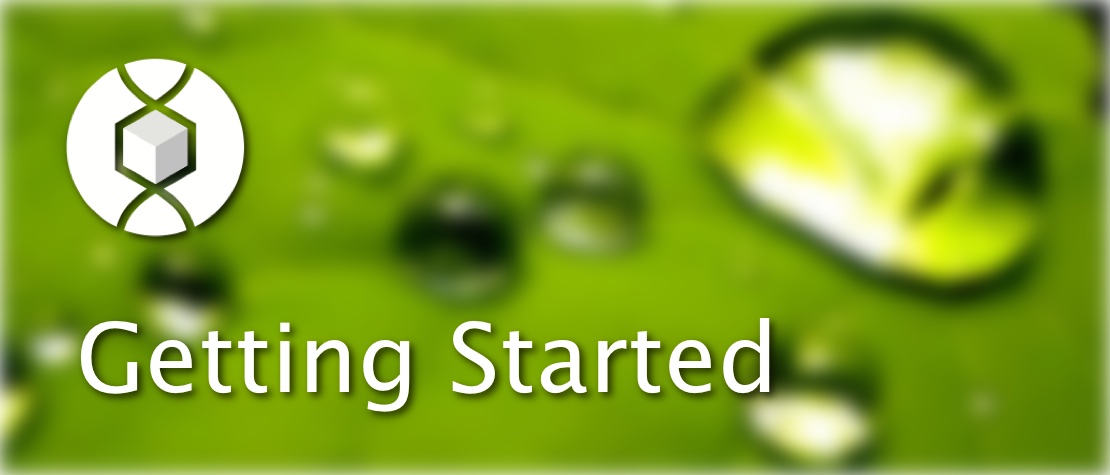QUBES Home page
We can advertise your faculty mentoring network on the QUBES home page! We will need an image (500 x 161 pixel size) and a short (< 100 word) description of the network. Here’s an example:
DryadLab faculty mentoring network
This network provides an opportunity for participants to adapt and integrate data-driven modules into their undergraduate biology classrooms. DryadLab, the educational extension of the Dryad Digital repository, has created a series of classroom modules using real data from published research. Participants will meet in person at the Ecological Society of America annual meeting to kick-off this network (NOTE: funding is available to support participant attendance and travel to the meeting). Participants will continue to interact online during the fall to refine the modules and discuss implementation. The network runs from 20 July to 20 November 2015.
Paper flyers to distribute at meetings, conferences
These flyers should be colorful, attractive. They should include images and concise text providing the key information (date, location, description, contact, etc.). Here’s an example of a flyer:
Contact the QUBES leadership team for an editable version of this flyer. Listservs
Listservs generally do not support formatted text, so these ads need to be simple yet informative. The following listservs may be appropriate avenues for advertising your faculty mentoring network:
Ecolog-L Evoldir HHMI Quantitative Biology (contact: Kaci Thompson, kaci@umd.edu) Here is an example of a listserv ad:
Subject line: QUBES Mentoring Network at BEER ‘15 – Using QUBES Hub to manage collaborative research at the undergraduate level
Email text: Do you want to keep track of your research group activities, involve professors and students from other departments or universities in common research, or make the pathway to publication in journals like SPORA or LiB easier? Did you know that QUBES Hub (https://qubeshub.org) can be used to run a variety of computational tools in the cloud, for everything from agent-based modeling simulations in NetLogo to big data analysis in R? Join us at BEER 2015 to kick off an online network that will be focused on using QUBES Hub to manage research groups in quantitative and mathematical biology education and research.
Dates & Location: Friday, October 9, 2015 from 1:30 PM – 4:30 PM preceding the International Symposium on Biomathematics and Ecology Education and Research meeting at Illinois State University in Normal, IL.
Description: The Quantitative Undergraduate Biology Education Synthesis (QUBES) team is pleased to announce that QUBES Hub will be fully operational at the annual BEER meeting this October. QUBES sponsors online mentoring networks and an online hub focused on quantitative biology education. Be one of the first user groups to see how QUBES Hub could be used to manage your current undergraduate research, classroom-based research, or undergraduate education research agendas. This Faculty Mentoring Network will begin in-person, then continue online all semester to facilitate the sharing of resources and expertise.
Prior to the BEER kick-off meeting, participants will have the opportunity to review tutorials for QUBES Hub and begin participating in the online environment. The network will run from 1 October 2015 to 26 February 2016 and will be hosted online at https://qubeshub.org/groups/beer2015. During the October 9th kick-off, participants will develop a plan for integrating QUBES Hub into their research team. After the in-person meeting, network participants will continue to interact online to refine the workflow for their research groups (classroom-based or undergraduate research), discuss various implementation challenges, define strategies to overcome these challenges, and engage in user experience feedback for the QUBES Hub team. Participants will implement during the late fall and/or spring and share their experiences with each other.
This mentoring network is most relevant for faculty who have already defined research agendas in mathematical or quantitative biology which incorporate undergraduate students or the scholarship of teaching and learning. No more than 14 participants will be selected from the applications. To qualify, participants must: * identify at least one current research topic in mathematical or quantitative biology, * identify at least one quantitative tool that they use with their students, and * must have an ongoing research collaboration either with an undergraduate student(s) or with another faculty member in the scholarship of teaching and learning.
We particularly encourage applications from research groups that involve faculty and students from more than one college/university. Participants must also be able to commit ~1 hour per week to online discussions throughout the span of the mentoring network dates. Additional time outside of these discussions will also be required for independent work on adapting the framework for managing research online.
Although we are unable to provide travel support, BEER has its own travel funding opportunities for early-career faculty. There is no additional cost to participate in the QUBES Faculty Mentoring Network.
To apply, please go to: https://goo.gl/REgTok. Application deadline is June 25th. Accepted applicants will be notified by July 2th.
QUESTIONS? You can find more information here: https://qubeshub.org/groups/beer2015/ Questions can also be directed via email to XXXX at email address.

